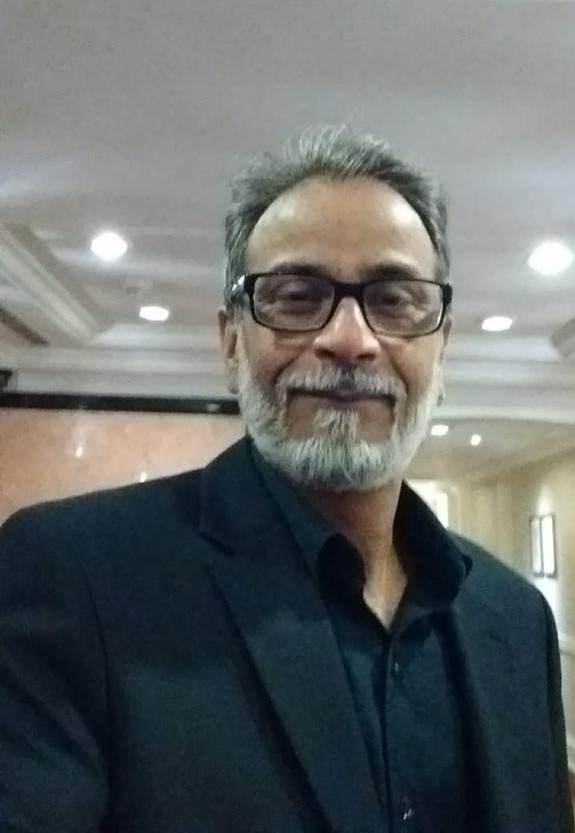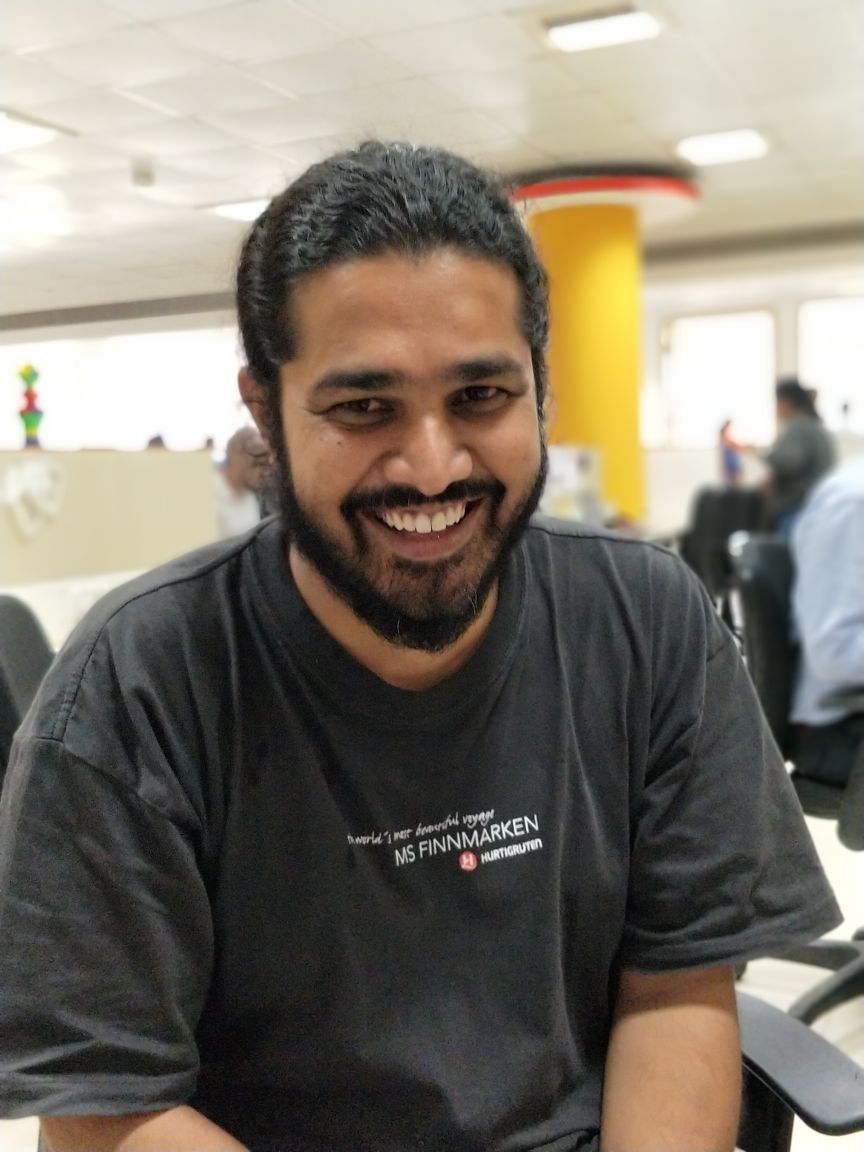The story of the COVID-19 pandemic in India is a story of data and numbers. Numbers that are reported, and those that are not. Numbers that are important, and those that are deemed less so. Numbers that matter, and numbers we don’t seem to care about.
Nonprofits working on the ground, including us at Apnalaya, began to respond to the spread of the virus early. Communities were sensitised before the lockdown was announced, and once the lockdown seemed inevitable, the focus shifted to relief.
We received support from, and were very thankful to, the many individual supporters who contributed to our call for donations. Corporate entities and institutional donors (some of whom we’ve associated with in the past, and some new) also supported us, strengthening our resolve to go deeper into relief work. However, not all conversations were easy.
Related article: Changing the public narrative of the social sector
We raised money for dry ration kits and distributed them in our communities, and some funders insisted that we share individual details of every person that received the kits. Names, address details, phone numbers, pictures—enough to be able to uniquely identify each individual—were sought. Some even asked us to video record the entire operation. The donors needed to be sure that relief is reaching those it was intended to reach, we were told.
Like any rights-respecting organisation, we want to achieve a balance between transparency towards funders, and upholding the rights of communities and stakeholders. These rights include data rights.
The insistence on individualised identification throws up a few questions:
- Should transparency only be measured by the submission of data sets that reveal the identity of the ‘beneficiary’?
- Are Indian nonprofits in a position to ask their donors to share their data policies: How do they guarantee to protect and destroy data when the stated purpose is achieved?
- As the late Dalit activist Abhay Xaxa noted in his poignant poem, do the vulnerable and the marginalised always have to be reduced to data?
- Even as a pandemic rages on, are there more humane and respectful ways of measuring the accuracy, success, and efficacy of relief work?
The need for a data policy
The ‘Responsible Data Policy’ we’ve developed is largely inspired by the Responsible Programme Data Policy by Oxfam UK, and is based on the following elements:
- The right to be counted and heard
- The right to dignity and respect
- The right to make an informed decision
- The right to privacy
- The right to not be put at risk
The requests we received from some potential supporters were contrary to our policy, putting us in an uncomfortable situation. While there is little debate about implementation organisations being accountable to their funders (and in this case, unplanned and unbudgeted ones such as relief), it is the insistence on personal details that is particularly difficult to engage with.
Wouldn’t a combination of aggregated and anonymised reports, a few photographs, social media updates, and voices from the community suffice? What does this composite picture lack, that sharing a list with identifiable details of individuals can fulfil?
Power determines who can ask for data, and what types of data.
Needless to say, we were under tremendous pressure to accept the terms and conditions put forward by the donors, as we wanted relief materials to reach people as soon as possible. To compromise, we even debated internally whether we should allow the donors access to identification data of a few randomly selected ‘beneficiaries’, so that they could check if the relief indeed reached people. Finally, we decided to hold our ground and turned down the offer.

Data from the government suggests that managing the pandemic has been anything but transparent. Picture courtesy: Carlos Twose/Flickr
Data and power
As we know, data has the potential to alter power equations. It can “create, redistribute, amplify or disrupt it [power]. It can entrench or privilege certain actors or perspectives, but it can also empower new voices and approaches. It can reveal and unravel atrocities, but it can also expose the vulnerable and the marginalised.”1
It is important to underline power imbalances that inform our everyday life. Governments can exercise influence over funders or corporates. Funders can exert pressure over nonprofits, who in turn are in a more powerful position compared to the communities they work with. Power determines who can ask for data, and what types of data. Luis Miranda observes this pithily: “Donors have grilled nonprofits on how we will ensure proper delivery. But no such questions are being asked of the PM-CARES Fund. How will success be measured? What audited accounts will be given?”
Related article: A sign of the times
The existing political situation in the country, with regard to the Citizenship (Amendment) Act and National Register of Citizens (CAA/NRC) debate has understandably made many people nervous about sharing data. Communities are increasingly asking nonprofits questions around the purpose and goal of data collection. Even before COVID-19 arrived in India, a former Chief Statistician of India raised concerns about the level of mistrust present among the general population about data collection happening in a politically charged atmosphere. It is safe to say that the risks and insecurities have only grown now.
There has probably never been a better time for the development sector to come together and adopt responsible data policies and practices.
Transparency and the state
The conversation around responsible data practices isn’t relegated to nonprofits and donors alone. Data from the government suggests that managing the pandemic has been anything but transparent. Sampling bias accounts for the high number of positives attributable to the Tablighi Jamaat event. Yet much of the rhetoric in mainstream media has been around demonising the Muslim community, instead of advocating for uniformity in testing.
Related article: Civil society and the burden of data
In Mumbai, the bulk of the positive cases have been detected from the D, E, G-South, and K-West wards. At first glance, this seems to align with the social profile of the general population in these wards, but without ward-level testing data being shared, how would we know that the slums aren’t affected in numbers much worse than what is reported?
Since April 1st, the government has also effectively gagged the media, citing a Supreme Court order that allowed them to report only those numbers that come from the government. While the larger purpose of not misleading the public with inaccurate numbers is not to be faulted, journalists have written about how the Health Ministry has interpreted this order to increase the opaqueness with which it has been operating.
As we look back at the questions we began with, we may not be in a position to offer concrete solutions for all of them. But positive stories have emerged—and they kindle hope. For example, the Rajasthan government passed an order on April 12th, banning photography during food distribution to the poor, and urged people to view such acts as service, not events for publicity.
In the slum clusters of Shivaji Nagar in Mumbai, new connections are being built in extraordinary circumstances. They reinforce the dignity that is not always associated with the resource-poor. Can we not treat their data with dignity too?
—
Know more
- Explore the Responsible Data portal, a community-based platform on using data in social work—approaches and perspectives, the unintended consequences that arise, and best practices.
- Go through Oxfam’s training pack on managing data responsibly for humanitarian organisations, with interactive material on opinions, perceptions, and decision-making based on real-life dilemmas.
- Learn more about poverty porn and best practices for photography in times of crises.
Do more
- If you work with communities, check what measures your organisation undertakes with respect to data and privacy, and advocate for a responsible data policy, if there isn’t one in place already.





